The landscape of work has undergone a seismic shift towards remote freelancing, with a staggering 78% of companies now leveraging freelance talent and 59% planning to increase their remote freelancer cadre in the near future. This shift isn't just a trend but a strategic evolution in workforce dynamics, with businesses large and small seeking the agility and innovation that skilled remote freelancers bring to the table.
As a marketing agency owner, you're likely well aware of the benefits—and challenges—of working with freelancers. It's not enough to simply hire; you must integrate freelancers into your business model effectively and retain their services for the long haul. Here's how to build your super team of remote freelancers and keep them in your corner.
1. Scouting Global Talent
Digital talent platforms are invaluable for finding freelancers who can supercharge your agency's productivity and innovation. These platforms aren't just for one-off gigs; they're now sophisticated enough to meet the demands of top-tier clients seeking long-term, strategic partnerships. Utilize these platforms, along with professional networks and referrals, to tap into a world of premium talent.
2. Strategic Hiring Practices
When it comes to augmenting your team with freelancers, clarity is king. Internally, pinpoint the exact skills that will add the most value to your projects. Externally, ask prospective freelancers about their availability, potential conflicts of interest, and relevant experience. This dual approach ensures you engage freelancers who are not just skilled but also a perfect fit for your agency's needs.
3. Effective Onboarding
A freelancer's first impression of your agency comes from the onboarding process. Go beyond contracts to establish trust and rapport. Set up an initial meeting to share your brand's vision, discuss logistics, and outline communication channels. A well-executed onboarding experience can lay the groundwork for a long-term, productive relationship.
4. Cultivating Lasting Connections
Consider this: it takes five times more resources to hire a new freelancer for each project than to maintain a relationship with a trusted freelancer. Keep the lines of communication open, even after a project concludes. Make your freelancers feel like part of the team, and they're more likely to return for future collaborations.
5. Anticipating and Planning for Availability
Remember, the best freelancers are often in high demand and may have limited availability. This reality calls for building a robust team—with backups—ensuring that you're never left in the lurch. Appreciate their freelancing lifestyle, and respect their time as much as they respect your projects.
The Ripple Effect of Freelance Engagements
Hiring freelancers isn't just a tactical move; it's strategic. Integrating skilled freelancers into your agency's workflow isn't merely about filling gaps; it's about embracing their agility and making them an integral part of your team. This approach can breathe new life into your operations, infuse fresh perspectives into your strategies, and position your agency as a competitive force in the marketplace.
As we step into 2024, the key to leveraging the power of remote freelancers is clear: it's about building relationships, not just a roster. By following these guidelines, you can create a super team of freelancers that will stand by your agency through thick and thin, propelling you toward a future of innovation, agility, and sustained success.
Looking to build the best team ever for your agency? We should connect. Find out more here.

